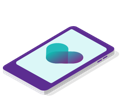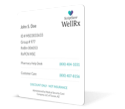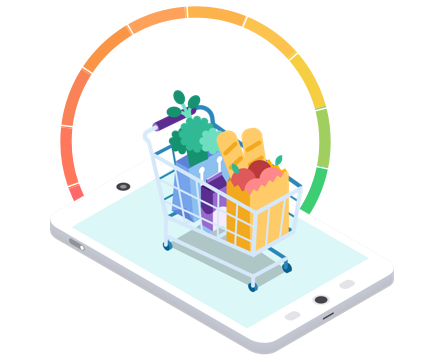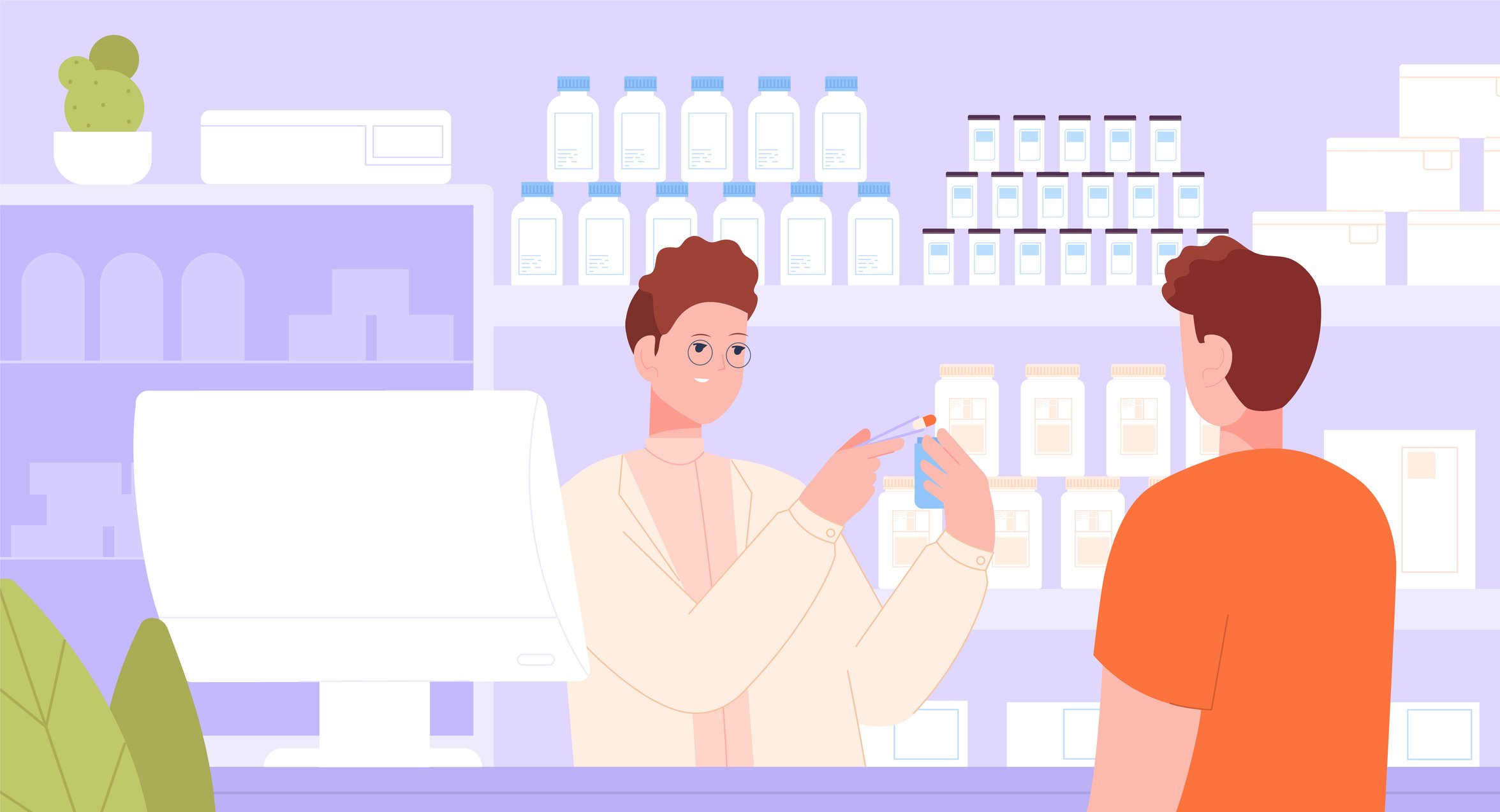Depression and Anxiety in Children: Choosing the Right Medication
Jenny Bingham, PharmD
November 13, 2017

Across the United States, the rate of antidepressant use in children is rising. It has led to prescription costs exceeding $100,000 in the four states with the highest antidepressant prescription rates for children: Colorado, Florida, Pennsylvania, and Texas.
As the number of antidepressant prescriptions rise, it’s only natural that parents will have a growing number of questions about those medications. Here’s a list of common questions other parents have had when starting pharmacotherapy for their child’s anxiety and/or depression:
How many pills will my child have to take?
The simplest answer is, it depends. Pharmacists are trained to know FDA approved indications for mental health medications. By incorporating pharmacists into the healthcare team, they can help find medications that have dual purposes and decrease the amount of pills in the regimen. Talk to your pharmacist about the medications and if there are alternatives.
How will pharmacotherapy affect my child?
Each patient responds differently to medications. Whereas some patients that are prescribed a common first-line antidepressant (fluoxetine) and tolerate it well, others may have an entirely different reaction. Certain medications can have negative side effects, including:
- shaking
- drowsiness
- weight gain
- insomnia
- dizziness
- dry mouth
- blurred vision
- bleeding, and,
- constipation.
These side effects can be extremely detrimental to a child’s quality of life. It’s important to have open communication with your healthcare provider to ensure that side effects don’t get in the way of medication adherence, school performance, or self-esteem. Current literature provides clinicians a wide variety of information about which side effects are more prominently reported in individual cases. This database of knowledge helps further individualize therapy and avoid potential side effects.
What risks are associated with pharmacotherapy?
Parents should be aware of the potential for abuse, especially with commonly prescribed anxiety medications (ex. alprazolam) that are rated as controlled substances.
Adolescents are at an increased risk of suicidal ideation when initiating certain medications. Family members must be educated on how to monitor, identify, and report these to the provider.
One must also consider the risks of not seeking appropriate treatment, like self-medication with illicit drugs, tobacco, and alcohol. Self-medication can unfavorable effects on one’s mental and physical health.
Are there alternatives to pharmacotherapy?
If a parent decides against using medications, trained therapists can provide alternative options, if appropriate. Cognitive behavioral therapy is a common tool that incorporates education, relaxation exercises, coping skills, stress management, and assertiveness training.1
Other approaches include: interpersonal therapy, motivational interviewing, dialectical behavior therapy, supportive therapy, and family therapy. These tools can also be used in combination with medication to improve depression and anxiety. Parents should work closely with their physician to determine if this is a safe option as monotherapy.
Final Thoughts
Decisions about using medications to treat anxiety and/or depression in children must be catered specifically to the patient. It is imperative for health care providers to approach this sensitive topic as a group, including the patient and parents. Pharmacists are a great resource for optimizing medication effectiveness and reducing pill burden.
References:
- Beck JS. Cognitive Behavior Therapy: Basics and Beyond, 2nd ed, Guilford Press, New York 2011. p.391.
Download the free WellRx app from the iOS app store or the Google Play Store,
and get registered to take advantage of our free medication adherence tools.
If you’re struggling to afford your medications,
visit www.WellRx.com to compare the cash price at pharmacies near you.
You may find prices lower than your insurance co-pay!
Recommended Articles









